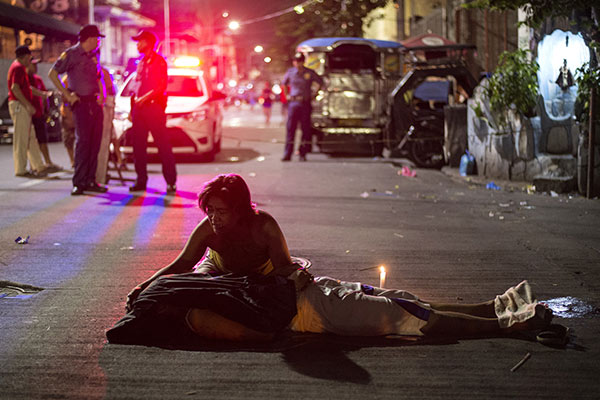A look at advances, complications for Saudi women
Saudi women reformers plan to flout a ban on driving Saturday. Here is a look at some of the milestones and roadblocks for women's rights in the ultraconservative kingdom since the last campaign to win women's right to drive in June 2011.
— King Abdullah grants women right to vote and run in the 2015 municipal elections. The decision is hailed as a breakthrough, but the local councils are toothless and operate in the shadow of provincial governments led by powerful members of the ruling Al Saud family.
— The king appoints 30 women to the top advisory body, the Shura Council. The body cannot legislate and its male-dominated chamber has so far not taken up a request by three female members to discuss the issue of allowing women to drive.
— In a first, Saudi Arabia sends two female athletes to the 2013 Olympics in London. But they were criticized by conservatives for performing sports in front of a mixed gender audience. Aspiring female athletes in the kingdom struggle to find access to training facilities.
— The government rolls out a law penalizing domestic abuse, including neglect. A state-backed advertisement shows a woman in a traditional black face veil with a bruised eye peering through, encouraging society to speak out against abuse. The law does not address the guardianship system that grants male family members authority over their female relatives, and often the abuser is their guardian. Two Saudi women activists who helped a Canadian mother allegedly abused by her Saudi husband were sentenced to 10 months in jail for "inciting a woman against her husband."
— A law on the books since 2006 is finally implemented, allowing women to work as sales' clerks in female apparel and lingerie stores. Saudi Arabia's most senior cleric, Sheik Abdul-Aziz Al Sheikh, spoke out against the Labor Ministry's decision in a sermon just before the law was applied, saying it contradicts Islamic law. The kingdom's religious establishment follows a strict interpretation of Islam known as Wahhabism.
— The Labor Ministry allows women to work in certain sectors without first obtaining their guardian's approval. Still, the decrees mandate that female workers not interact with men, reinforcing strict gender segregation, according to Human Rights Watch. Some private sector workplaces remain exempt from these decrees.
— Women are given licenses to practice law. The four women with permits will face conservative male judges who have wide discretion to remove a lawyer from a case before them.
— Private schools are officially allowed to hold sports activities for girls, and physical education is required as part of the curriculum. Sports centers around the country are almost entirely for men only, female gyms are costly and public schools have yet to implement physical education for girls.
— A ban on women riding bicycles and motorbikes is lifted. Females must be accompanied by a male guardian, usually a husband or son, and only ride in restricted areas.
— Official reports suggest women will be allowed to attend soccer matches in a new stadium in 2014. The women will be segregated from the men in sections for families.
- Latest
- Trending





























